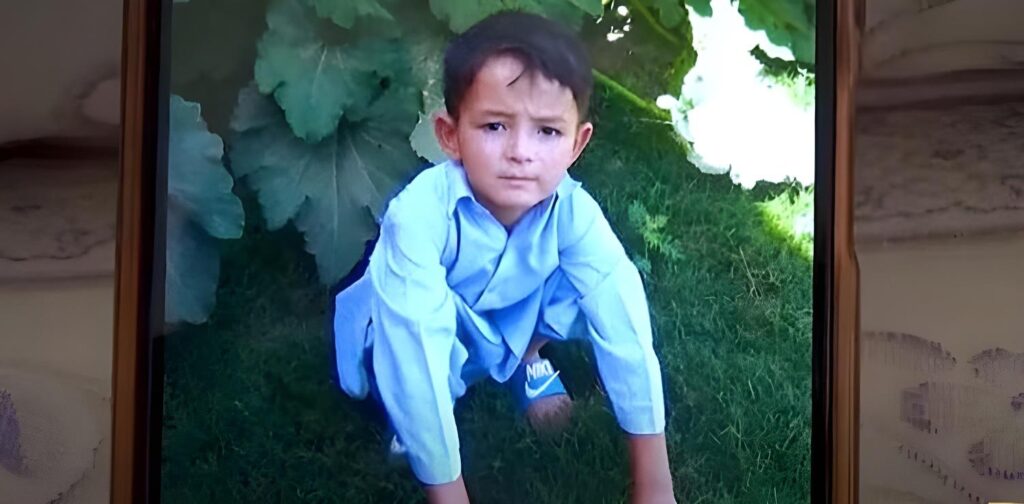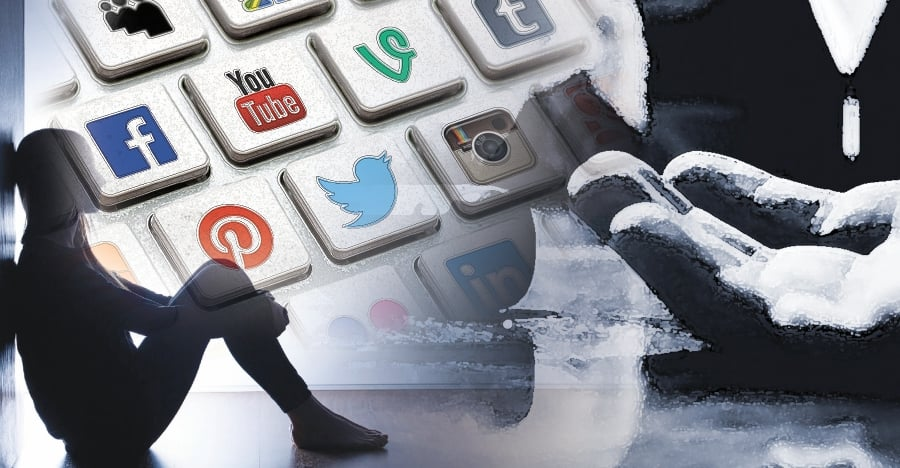“A Horrific Incident in Quetta, Reveals How Media Reshapes Lives — With Children as the Worst Victims”
15-year-old Mushtaq Hussain claimed to have murdered 7-year-old Arman Ali in Hazara Town, Quetta, under the influence of crime series and harmful content on social media

Police officials and media reports in the Hazara Town child murder case confirm that the accused, Mushtaq Hussain, had no prior enmity with the victim. While 7-year-old Arman Ali was flying a kite, Mushtaq lured him with a juice box, took him to a deserted plot, and brutally killed him.
Mushtaq’s brutality didn’t end here, as to prevent detection of his crime, he poured petrol on the dead body and burnt it.
When 7-year-old Arman Ali didn’t return home, his father, Muhammad Naeem, began searching the neighbourhood — only to be alerted by a local child about a body found in a deserted plot nearby. It was Arman.
In a shocking twist, 15-year-old Mushtaq Hussain confessed to the murder, revealing he had planned the crime under the influence of crime shows and violent mobile games. During interrogation, authorities recovered a hammer and knife from his bag — the very weapons used in the brutal act.
The victim’s family has reported pressure from the suspect’s relatives to settle the matter and forgive the accused.
Further investigations revealed that not only the Hazara Town child murder but the suspect also had previously choked a pet dog, raising concerns about his aggressive behaviour.
Law enforcement officials emphasised the serious role of parental oversight in children’s media usage as a means to prevent such disasters.
Social media, while offering connection and entertainment, often takes a dark toll on teenagers’ mental health. Constant exposure to unrealistic standards, online bullying, and peer pressure can lead to anxiety, depression, and low self-esteem.
In some cases, this psychological strain pushes teens toward risky behaviors or even criminal activities, as they seek validation, revenge, or escape in harmful ways.

You may like it also
https://inshort.pk/technology/socials/gen-z-the-hyper-connected-yet-disconnected-generation/

